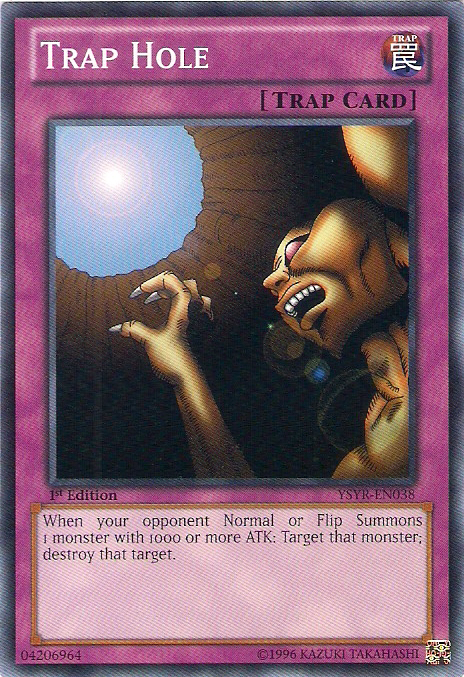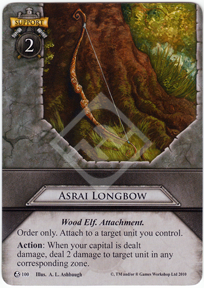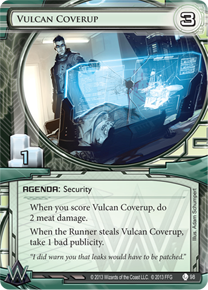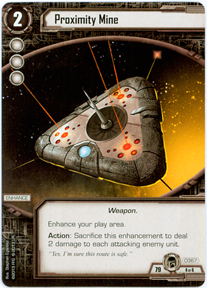I see. It's still extremely similar, but I'll give them that.
Now I'm wondering which Magic mechanic you're talking about. It's not phasing. Is it Wish mechanics like Riftsweeper? It's not phasing.
It popped up in the MaRo blog a while ago - Richard had designed the mechanic, but threw it out after playtesting. It hasn't ever gotten an official name, and wasn't printed.
You announce phases in a video game? I'm not familiar with hex, but that doesn't seem right.
Sorry, but the last time I played MTG there were many effect timings with rulings that required such things. I seriously doubt that anything near that exists here.
If you want to start gutting systems until they are identical, go right ahead, but then everything in every genre starts to look exactly the same at that point.
Last i tried HEX, it actually did a round of priority for phase changes and\or spellcasts. So, yeah, it's implemented that way, which is actually kind of embarassing for them i guess.








